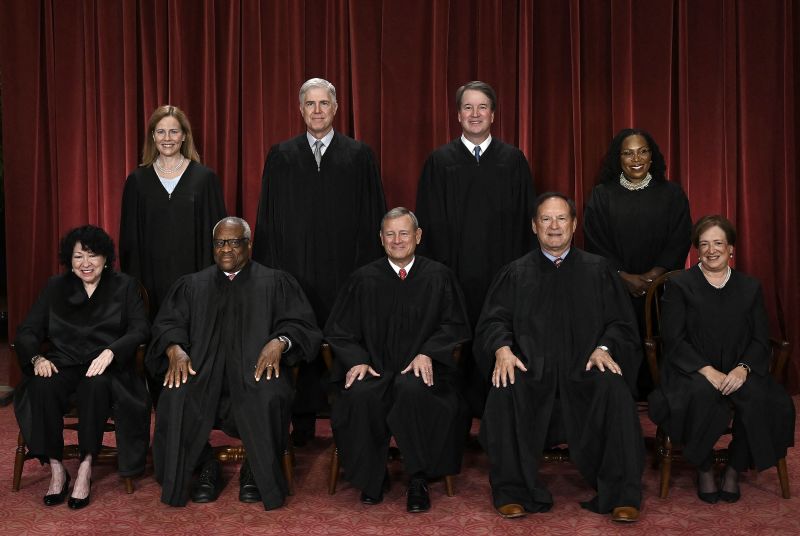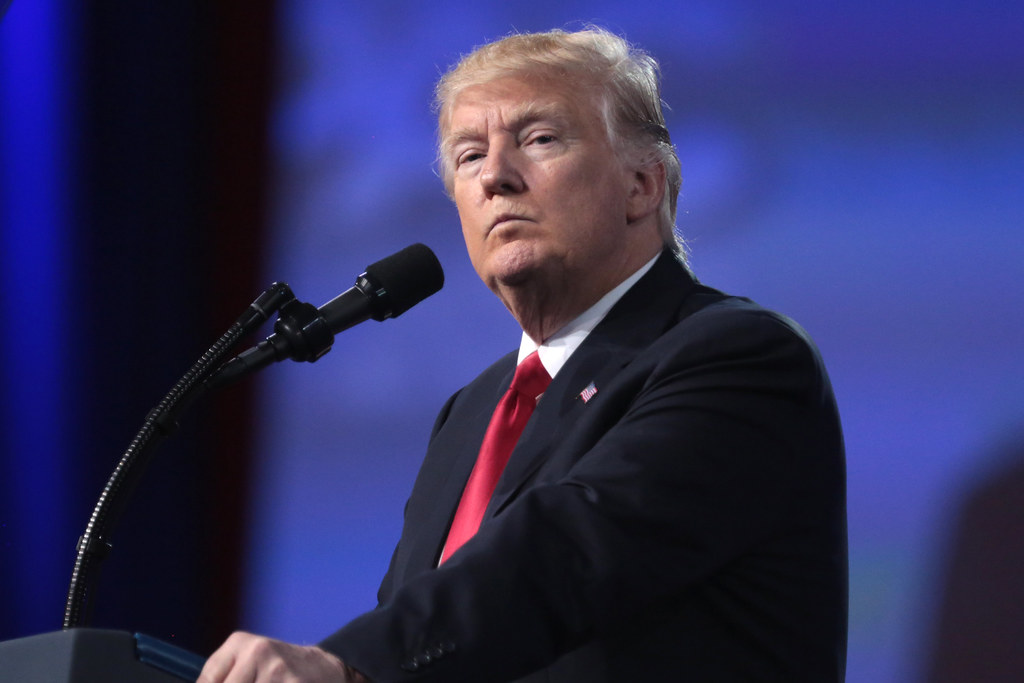Understanding Presidential Immunity in the United States
Presidential immunity in the United States is a critical yet complex legal principle, crucial for maintaining the balance of power within the federal government. This article delves into the intricacies of this concept, exploring its historical roots, legal interpretations, and implications for current and future presidents.
Key Takeaways
- Definition: Presidential immunity protects the President from certain legal actions, ensuring the executive branch can function without undue interference.
- Scope: The immunity primarily covers actions within the scope of official duties, with exceptions for actions outside these bounds.
- Legal Precedents: Key court cases have shaped the understanding and limitations of presidential immunity.
- Controversies: The concept is often debated, especially in cases involving potential misconduct.
The Foundation of Presidential Immunity
Presidential immunity in the United States has its roots in the Constitution, although it is not explicitly mentioned. The principle is derived from the separation of powers doctrine, which aims to prevent any branch of government from becoming too powerful. This immunity is intended to allow the President to perform their duties without the constant threat of litigation, which could otherwise hinder the executive branch’s functionality.
Historical Context

The concept of presidential immunity has evolved over time, shaped by historical events and judicial interpretations. Early discussions about the President’s legal protections can be traced back to debates among the Founding Fathers, who sought to create a strong yet accountable executive branch.
Judicial Interpretations
Several landmark Supreme Court cases have defined and refined the scope of presidential immunity. These cases often arise when the boundaries of executive power are tested, providing clarity on what actions are protected under this legal doctrine.
Scope and Limitations of Presidential Immunity
Understanding the scope of presidential immunity is essential for grasping its implications. The immunity generally applies to actions taken in an official capacity, but there are notable exceptions and limitations.
Official vs. Unofficial Acts
Presidential immunity primarily covers acts performed as part of the President’s official duties. This means that actions directly related to policy-making, national security, and other executive functions are generally protected. However, actions outside these official duties, such as personal conduct or actions taken before assuming office, are not covered by immunity.
Legal Precedents and Cases
Several key court cases have shaped the understanding of presidential immunity:
- Nixon v. Fitzgerald (1982): This case established that the President is entitled to absolute immunity from civil lawsuits for actions taken while in office. The Supreme Court ruled that allowing such lawsuits could distract the President from their duties.
- Clinton v. Jones (1997): In this case, the Supreme Court held that a sitting President is not immune from civil litigation for actions taken before or unrelated to their official duties. This decision highlighted the limitations of presidential immunity, emphasizing accountability for personal conduct.

Controversies and Debates
Presidential immunity is not without controversy. Critics argue that it can shield misconduct and limit accountability, while proponents assert that it is necessary for effective governance. These debates often surface during times of political tension or when allegations of wrongdoing arise.

Impact on Governance

The balance between immunity and accountability is a delicate one. While immunity ensures that the President can govern without constant legal distractions, it also raises concerns about unchecked power. This tension is a recurring theme in discussions about presidential immunity.
Recent Developments
In recent years, the topic of presidential immunity has gained renewed attention. Legal challenges and investigations involving sitting and former presidents have sparked debates about the scope and limitations of this legal protection. These discussions continue to shape the evolving landscape of presidential immunity in the United States.
Presidential immunity in the United States is a vital yet complex legal principle that plays a crucial role in maintaining the balance of power within the federal government. While it provides necessary protections for the President to perform their duties effectively, it also raises important questions about accountability and the potential for abuse of power. As legal interpretations and societal expectations evolve, the concept of presidential immunity will continue to be a significant topic of discussion and debate.
By understanding the historical context, legal precedents, and ongoing controversies surrounding presidential immunity, we can better appreciate its role in shaping the American political landscape. This nuanced understanding is essential for informed discussions about the future of executive power and accountability in the United States.